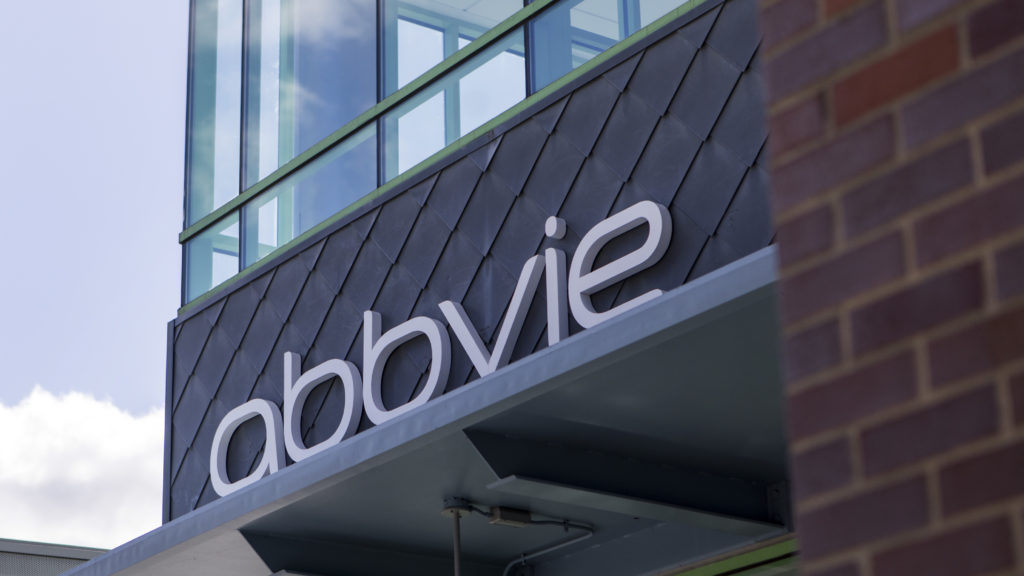Want to stay on top of the science and politics driving biotech today? Sign up to get our biotech newsletter in your inbox.
Hello! Today, we discuss how the FDA is holding firm in how it handles non-compliant trial sponsors and investigators, how PhRMA is rebuilding its ranks, and offer up a fabulous podcast.
advertisement
The need-to-know this morning
What do CEOs owe the world?
Did Humira break the system? And can you CRISPR a fetus? We cover all that and more this week on “The Readout LOUD,” STAT’s biotech podcast.
First, former Alnylam Pharmaceuticals CEO John Maraganore and STAT’s Matthew Herper join us to discuss the legacy of AbbVie chief executive Richard Gonzalez, who announced his retirement this week. Then, we dive into the fascinating world of fetal genome surgery, as STAT’s Megan Molteni joins us to explain the work of a scientist named Tippi MacKenzie.
advertisement
Annovis Bio’s candor about late trial design change
It was a controversial choice for Annovis Bio to change the endpoint of a Phase 3 Parkinson’s trial at the last minute. STAT’s Adam Feuerstein, ever skeptical, reached out to CEO Maria Maccecchini to learn why: Apparently the FDA suggested Annovis a more appropriate primary outcome measure, changing gears from before. “We were confused,” Maccecchini told STAT, describing the company’s efforts by this point as a “Hail Mary” approach.
So although the late changes to the trial’s design don’t smack of spin, as Adam initially had supposed, the CEO’s candor doesn’t exactly inspire confidence in the company’s ability to deliver positive results.
FDA hoping for voluntary compliance to trial transparency
The FDA likely won’t be fining or chastising clinical trial sponsors and investigators that don’t register their trials or report study results, regulators wrote in response to a citizen petition that advocated for trial transparency.
Instead, the agency will hope that those running clinical trials will voluntarily comply with the law: Sanctioning wayward behavior is “resource intensive and time-consuming,” FDA officials wrote. But the FDA will create a dashboard that contains the notices sent to companies, universities, and researchers that don’t do the appropriate paperwork.
The petition was filed last year by the Universities Allied for Essential Medicines, a nonprofit run by medical students aimed at strengthening trial transparency.
Neurocrine Bioscience joins PhRMA
PhRMA lost some of its high-profile members after the passing of the Democrats’ drug pricing law, but the drug lobbying group scored a recent win: San Diego-based Neurocrine Biosciences just joined its ranks.
Neurocrine is smaller than Teva, AbbVie, and AstraZeneca, which no longer are a part PhRMA. But the company spends a fair amount on lobbying for its size: Last year, it dedicated $3.1 million to federal advocacy efforts — about the same as Vertex Pharmaceuticals, which makes quadruple the revenue. This is PhRMA’s second new addition in recent months: In December, Genmab joined the trade group.
More reads
- Weight loss drugs could boost US GDP by 1% in coming years, Goldman says, Reuters
- AbbVie wraps up $64 million oncology, immunology deal with Tentarix, FierceBiotech
- Indivior aims to move primary listing from London to New York, Financial Times

